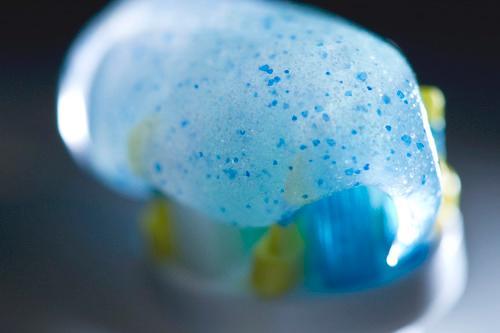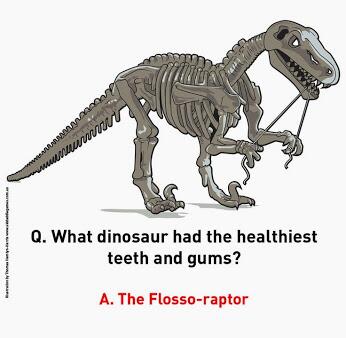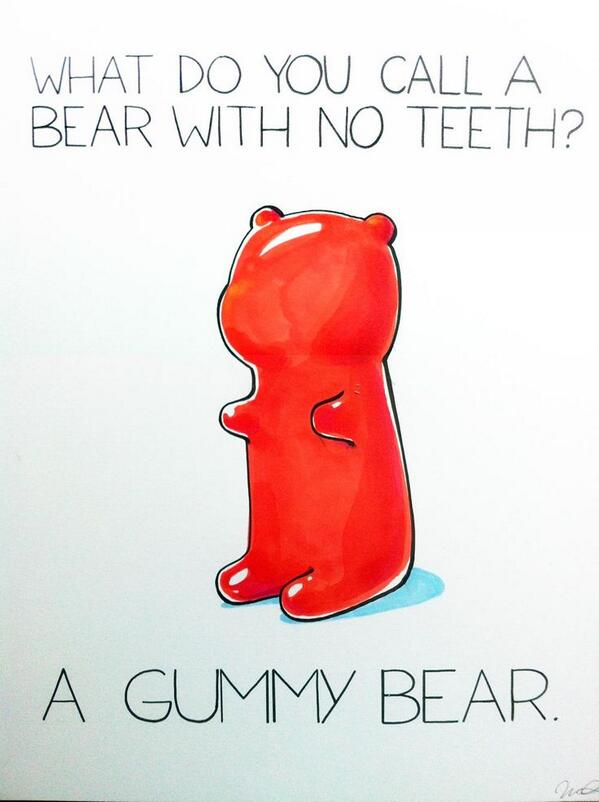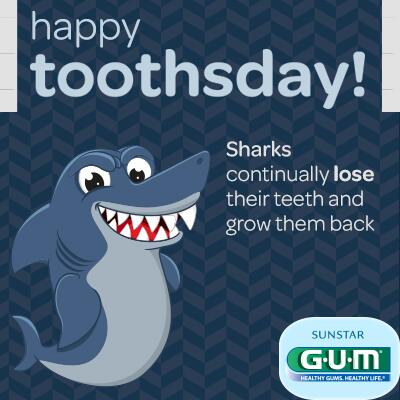Whether or not you have ever used a hookah, you might have considered it a safe alternative to smoking traditional tobacco products like cigarette, cigars, or pipes. It should be duly noted that this thinking is wrong! Hookah smoking carries addictive nicotine to the body and is as least as toxic as cigarette smoking. Hookah smoking bears many of the same health risks as smoking.

So what is a hookah? A hookah is a water pipe that is used to smoke specially made tobacco that is usually flavored. Hookah smoking is typically done in groups and the pipe is passed around from person to person. Hookah use has recently been on the rise, especially among young people and college students.
Most hookah users believe that smoking a hookah is less riskier than cigarette smoking; however, the risk of tobacco-related disease is still very much present. Hookah and cigarette smoke contain many of the same toxins, and hookah smoke is associated with lung disease, respiratory illness, low birth weight, and periodontal disease.
A scary fact that many hookah smokers might be shocked to learn is that hookah smoking may actually expose the smoker to more smoke over a longer period of time and than cigarette smoking. The method of hookah smoking, including puffing frequency, depth of inhalation, and smoking session length, all contribute to the smoker absorbing higher concentrations of toxins.
There are a few other concerning risks linking hookah smoking to cancer. Hookah tobacco is heated with charcoal, which creates smokes containing high levels of carbon monoxide, metals, and cancer-causing chemicals. The tobacco juices from hookahs irritates the mouth and increases the risk of developing oral cancer. A hookah smoking session is usually about an hour long and involves 200 puffs, while a typical cigarette is 20 puffs. This leads to a hookah smoker inhaling at least 150 times more smoke than when smoking a cigarette. And just like second hand cigarette smoke, hookah smoke risks the health of both smokers and bystanders.

While hookah smoking may seem like an innocent activity, it cannot be stressed enough that one session can have the same harmful effects as smoking multiple packs of cigarettes.
You can find more information about the dangers of hookah smoking from the CDC or the American Lung Association.








